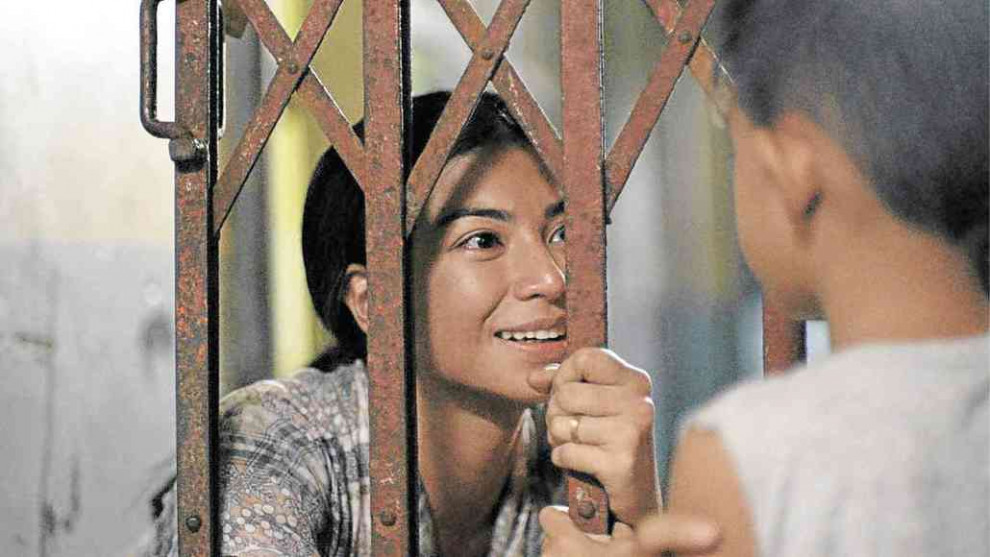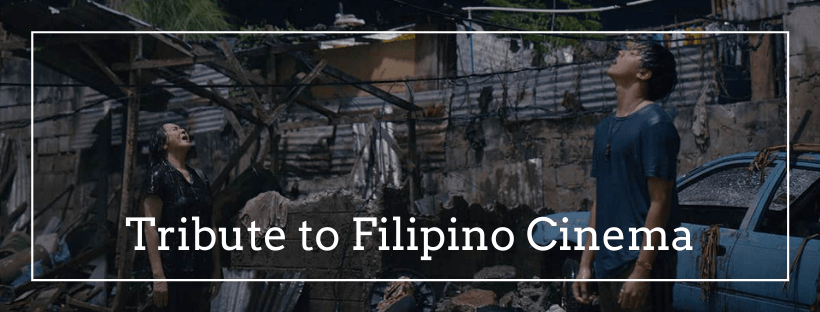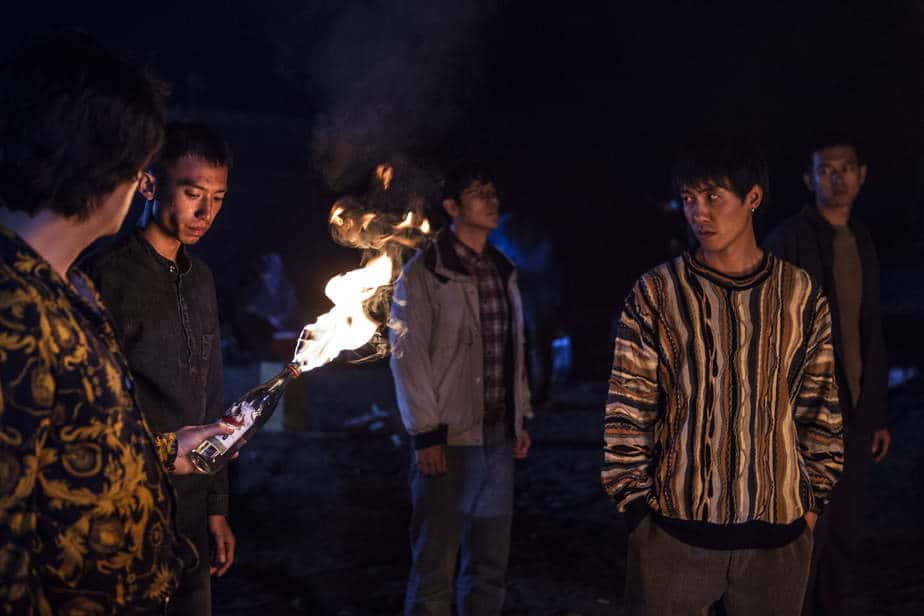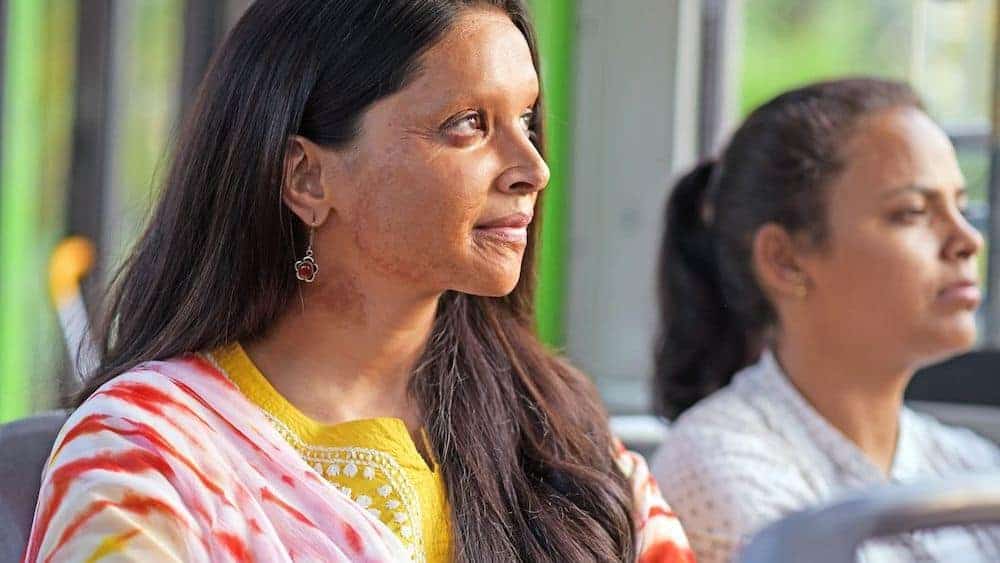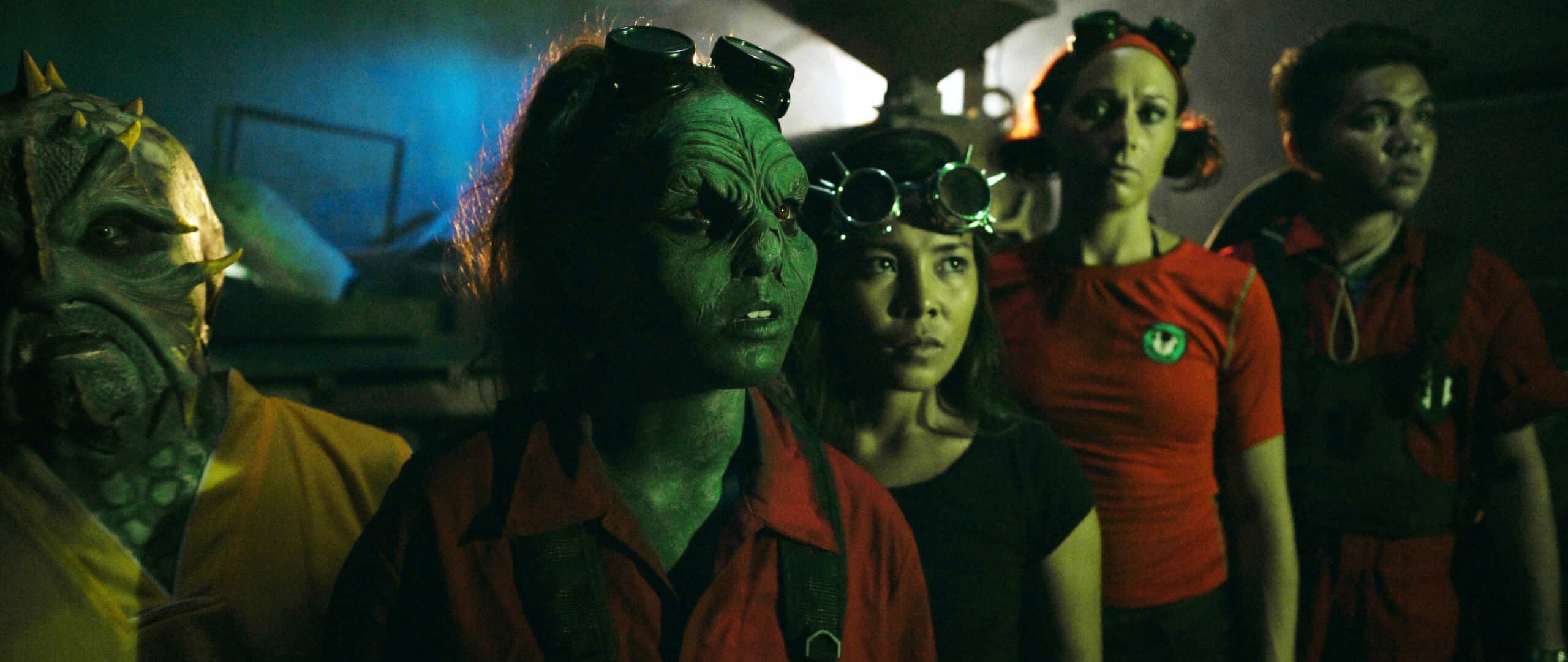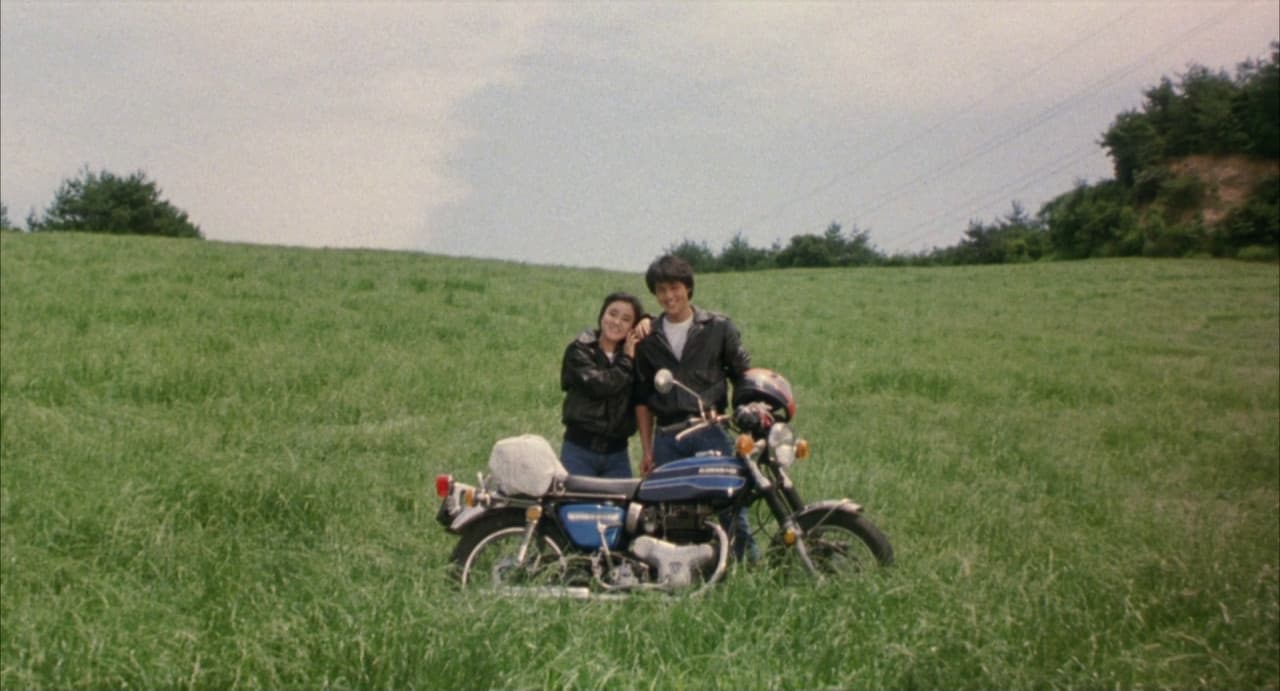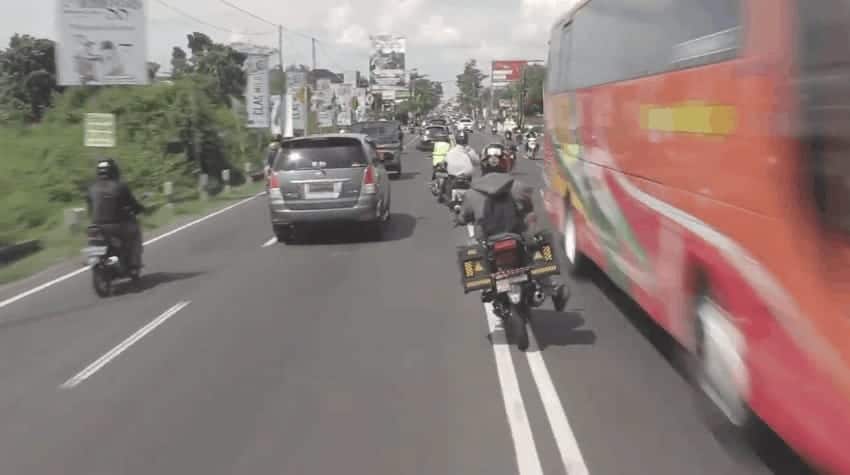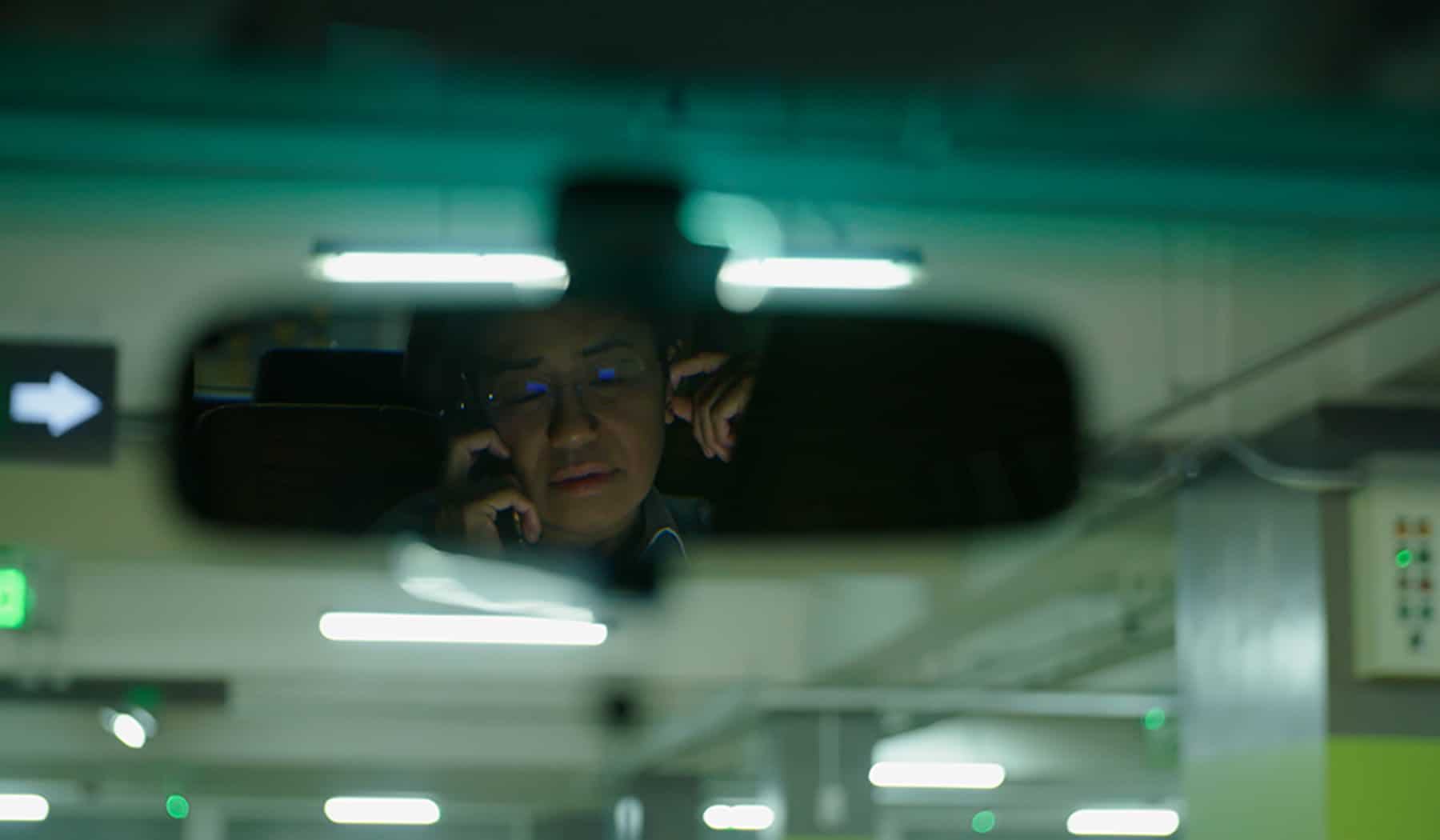Reviewing a film whose significance is so evident (in this case, both for the director and the Filipinos who suffered under Marcos' dictatorship) is always a hard task, and “Liway” definitely falls under this category. Kip Oebanda, however, has taken care of this issue for me, by directing a truly good film.
Based on actual events, the story takes place in the mid-1980's Philippines, in Camp Delgado, a makeshift prison inside a military camp for both rebels and criminals. Day (Cecilia Flores-Oebanda, a former Commander of the Opposition known as Commanded Liway) and Ric (also a former commander), try to raise their 10-year old son Dakip (it means “captured”) and their infant daughter Malaya, both of which were born in captivity and have not seen the outside of the camp yet. In order to ease the consequences of their circumstances, Dei tells Dakip stories based on Philippine mythology, despite Ric's protests, who wants the child to know the truth instead of indulging in fairy tales. One of these stories is about Liway, the guardian diwata of Mount Kanlaon, a fictionalized version of her own story in the resistance against the Marcos dictatorship. As the dictatorship becomes more unstable and their lives become more uncertain, particularly due to a change in the warden in charge of the camp, and the fact that her actual story eventually catches up with her, Dakip's mother has to weigh his best interests against the prospect of never seeing each other again
Kip Oebanda (who is actually the Dakip of the film) directs a film that focuses on three main axes. The first one revolves around Dakip, and the way the boy perceives and reacts to the prison setting, a chance he gets to go outside and speak to people, and the realization of who his parents actually are. The result is delightful as it is dramatic, with Kenken Nuyad giving a quite realistic performance as Dakip, in an effort that also highlights Oebanda's ability to guide him. I guess that directing a child that plays yourself as a kid must have been somewhat strange (uncomfortable even) but both Oebanda and Nuyad have made the most out of it. This axis is the one that also includes some minor elements of comedy, with the scene where Dakip “catches” the guards watching porn being adorably hilarious.
The second is the way Day and Ric deal with both their capture and raising their kids, and particularly Dakip's future. The main focus is on the former, who has to struggle with her need to keep her child close and the possibility of having him forever in captivity or “at least” of having him suffer from institutionalization, since the boy does not know anything about the actual world. This dilemma is one of the central themes of the narrative, with Ric's insistence for the kid to face reality proving a cause of friction between the two parents.
The third one is their past, again with the focus on Day, and the events that led her to become a guerilla in the mountains and subsequently, the imprisonment of the two and the even worse fate of the comrades. These events, and particularly the arrest and the episodes short after, result in the most shocking sequences in the film, with the press conference following their arrest highlighting both the propagandistic tactics of the Marcos' regime and the mostly psychological suffering the protagonists had to go through. At times, I felt that this part and particularly their days in the mountains, could have taken a larger portion of the film, that would make its impact most significant. However, Oebanda seems to consider these events as known (meaning the film is addressed to people who know the story, for the most part at least) and his focus is not to highlight the terror of the past, but to show how people can overcome it for their future.
On a secondary, fourth axis, the awful events after the change of the administration are also depicted through a number of episodes, although this part is overshadowed by the hopeful ending, which also includes the actual events that led to this movie. This very last aspect (the text and the photos in the ending titles) prove as impactful as the rest of the film, as they extend the concept of the happy ending to reality.
Glaiza de Castro is the undisputed star of the film. In the beginning, I felt that her physique was not fit for the part, since she is very beautiful and her face looks quite untroubled for such a character, but her nuanced and quite fitting acting, soon erased this impression, with her communicating a number of psychological and physical statuses in impressive fashion.
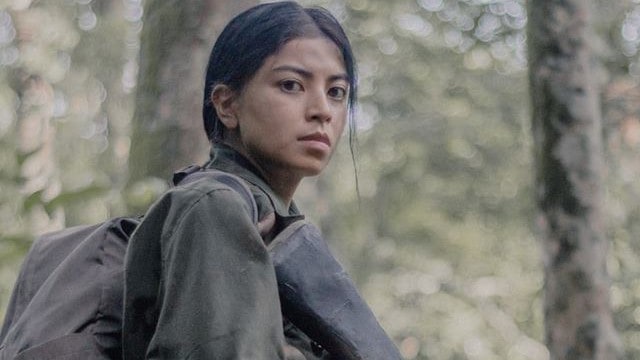
Pong Ignacio's cinematography is also quite good, with him presenting both the restrained environment of the prison and the secluded of the mountains with equal artistry. At the same time, he has included some images of intense beauty, particularly in the beach setting where Day grew up. Chuck Gutierrez's editing induces the film with normal pace that suits its aesthetics quite nicely, while the various flashbacks are presented in an easy-to-understand way and they are placed in very fitting moments, just at the point where the monotonous setting of the camp would begin becoming tiresome. The same applies to a number of sequences of shadow-playing that explain Liway's myth, which are as artful as they are entertaining.
“Liway” is a truly good film, but most importantly, it is a significant one, as an ode to Kip Oebanda's mother, to his childhood, and to the people who have to deal with the consequences of living through Marcos' dictatorship.


